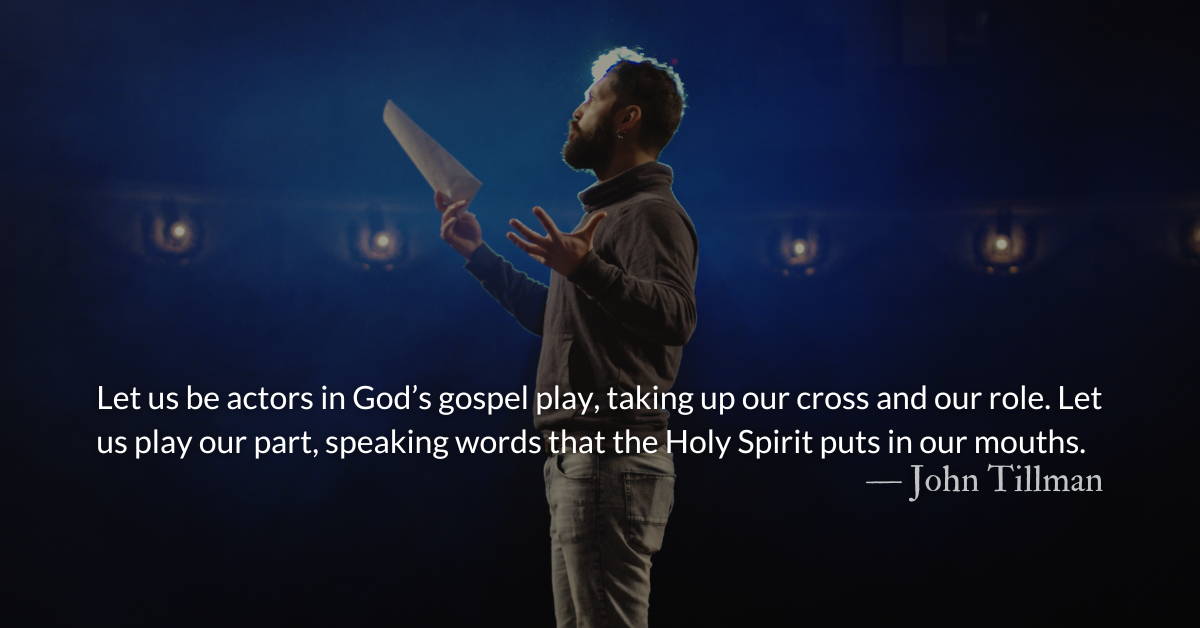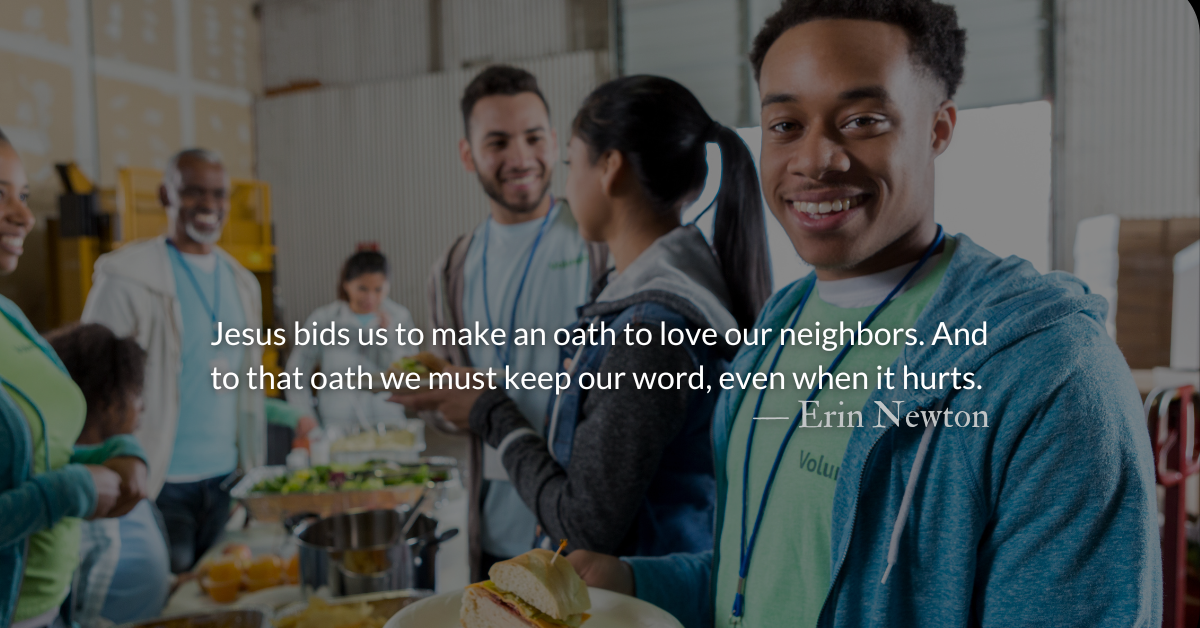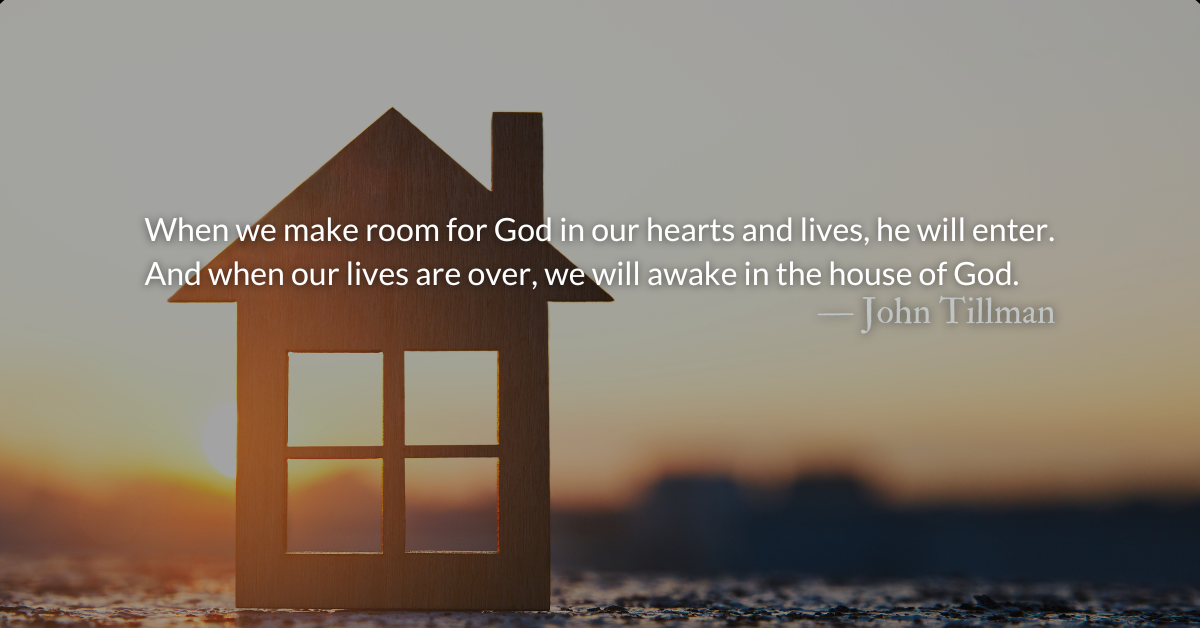Scripture Focus: 2 Samuel 21.15-22
15 Once again there was a battle between the Philistines and Israel. David went down with his men to fight against the Philistines, and he became exhausted. 16 And Ishbi-Benob, one of the descendants of Rapha, whose bronze spearhead weighed three hundred shekels and who was armed with a new sword, said he would kill David. 17 But Abishai son of Zeruiah came to David’s rescue; he struck the Philistine down and killed him. Then David’s men swore to him, saying, “Never again will you go out with us to battle, so that the lamp of Israel will not be extinguished.”
18 In the course of time, there was another battle with the Philistines, at Gob. At that time Sibbekai the Hushathite killed Saph, one of the descendants of Rapha.
19 In another battle with the Philistines at Gob, Elhanan son of Jair the Bethlehemite killed the brother of Goliath the Gittite, who had a spear with a shaft like a weaver’s rod.
20 In still another battle, which took place at Gath, there was a huge man with six fingers on each hand and six toes on each foot—twenty-four in all. He also was descended from Rapha. 21 When he taunted Israel, Jonathan son of Shimeah, David’s brother, killed him.
22 These four were descendants of Rapha in Gath, and they fell at the hands of David and his men.
“It’s more the size of who you put your faith in, than the size of your foe…” — Rich Mullins, “What Trouble are Giants”
Reflection: David’s First and Last Giants
By John Tillman
In David’s first battle, he felled a giant. In his last, he fell before one. Both times, he praised God.
David grew weary in the battle. Don’t we all?
The word translated “exhausted” in the NIV has a range of meanings from simple tiredness to a complete loss of consciousness. Whether David’s sword arm was simply tired, or whether he was struck unconscious by a blow, or whether age or ill health caused him to faint, a battle is a bad place to be vulnerable.
David was famous for killing Goliath but Goliath was not the only giant in the land. Ishbi-Benob had a spear tip about half the weight of Goliath’s and threatened to kill the giant-killer, David.
David was saved, and the giant killed, by Abishai, one of Israel’s mightiest warriors. David’s men were shocked at the close call and forbade him from going out to battle again. In future battles, even more giants fell, including Goliath’s brother. (2 Samuel 21.19)
In the battles we face, it may seem we are surrounded by giants. How should we deal with the challenges that face us?
Don’t fight giants tired. Don’t fight giants in your own strength. Don’t fight giants alone.
Like David, weariness may come at dangerous times. We can’t choose the timing of every battle but we should be realistic about our strengths and our weaknesses and be as prepared as possible. How are you resting for the next battle? How are you renewing your strength in Christ? What precautions are you taking for your weaknesses?
Don’t fight giants alone or in your own strength. Regardless of our age or experience, giants don’t go down easily. Even in “single combat” against Goliath, David wasn’t alone. Without God, Goliath would have certainly won and without Abishai, Ishbi-Benob would have. David gave God credit for both victories. (2 Samuel 22.1-3)
Whether through a well-thrown stone or a well-placed ally, it is God who saves us from giants. Who do you call when giants threaten? Who near you might God use to save you when you are weakened?
Many aspire to be like David in his youth, facing a giant alone, winning against unwinnable odds. But there is also honor and wisdom in age, experience, and leadership. A hero may kill a giant but a leader trains giant killers.
Are you raising up those with faith to stand against foes of any size?
Divine Hours Prayer: The Greeting
Not to us, O Lord, not to us, but to your Name give glory; because of your love and because of your faithfulness. — Psalm 115.1
– From The Divine Hours: Prayers for Summertime by Phyllis Tickle.
Today’s Readings
2 Samuel 21 (Listen 4:34)
Psalms 11-12 (Listen 1:59)
Read more about The King We Want
I’ve sent a king, God says
Unlike any you’ve seen
Son of the Giant Killer
Yet rejected as your ruler
Read more about Supporting Our Work
Please consider becoming a donor. Our work is not free to produce but generous donors, like you, make it free to read for believers across the world.










